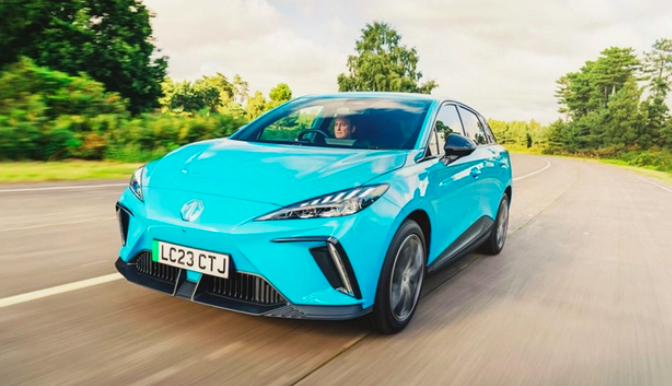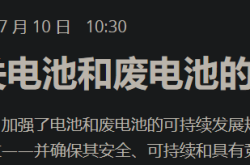EU Tariff Increase, G7 Sabotage, Hindrance to Chinese Car Exports!
![]() 06/19 2024
06/19 2024
![]() 534
534
In recent times, there has been an endless stream of unfavorable information regarding Chinese car exports.
First, the European Commission issued a statement announcing that it will impose temporary countervailing duties on electric vehicles imported from China from July 4, with tariffs of 17.4%, 20%, and 38.1% imposed on BYD, Geely Automobile, and SAIC Motor respectively. It is understood that the normal tariff rate for passenger vehicles in the EU is 10%, which means that tariff rates faced by SAIC Motor and other auto companies have increased to 48.1%, while tariff rates for other auto companies range from 27.4% to 31%.
The EU tariff increase controversy has not yet subsided, and the G7 has issued a "Joint Statement on the Ukraine War." In this statement, China has become the largest target besides Russia. The statement threatened: "We will take measures against China and third countries supporting Russia's war machine, and take measures against other Chinese entities facilitating the procurement of materials for Russia's defense industrial base."
Of course, China has expressed opposition to this. This statement will undoubtedly have a significant impact on trade between China and Russia, especially car exports. The specific measures are mainly reflected in financial aspects, as all major Russian banks have been expelled from SWIFT, and the ruble has decoupled from Western currencies. In the Chinese banking system, as long as the settlement of major foreign currencies (with the dollar accounting for about 50%), it is basically done directly or indirectly through SWIFT.
That means there is a possibility that Chinese auto companies may not be able to retrieve their earnings in Russia. However, the actual situation is more complex, and when it involves cross-border transactions, China cannot avoid SWIFT settlements.
Currently, Russia has become the largest country for Chinese car exports. Statistics show that in the first months of 2024, the top five countries for China's total vehicle exports were: Russia with 268,700 vehicles, Mexico with 148,700 vehicles, Brazil with 106,400 vehicles, Belgium with 95,200 vehicles, and the United Arab Emirates with 85,800 vehicles. The number exceeds the combined total of the second and third places.
At an important juncture where domestic car sales are approaching their peak and exports are urgently needed to ease pressure, suddenly encountering such a series of blows, Chinese car exports will undoubtedly be significantly impacted.
Regarding the possible continuation
Due to excellent product capabilities and a strong supply chain system, Chinese new energy models offer excellent value for money. This is undoubtedly a dimensional reduction blow to European peers.

According to a UBS report, compared to electric vehicles from other countries, Chinese counterparts have a 30% price advantage. For example, the price of Volkswagen's ID.3 all-new entry-level Pure model is 36,900 euros, while the starting price of the similarly sized MG4 is 28,400 euros. BYD announced in April that the Seagull plan will be launched in Europe next year. It was expected that the Seagull's price in Europe would be below 20,000 euros (about 156,800 yuan). Although the European price has doubled, compared to small electric cars in Europe, the Seagull still has a price advantage.
Faced with such a fierce offensive from Chinese manufacturing, current European peers simply have no fighting power.
Therefore, imposing high tariffs is pure and utter local protectionism. Only by doing so can European car companies obtain a ray of hope.
For Chinese new energy brands, this is a significant setback. Building factories in Europe is undoubtedly a way to break the deadlock.
Previously, BYD has formulated plans to build factories in Europe, with the BYD Hungary factory scheduled to go into production before 2026. SAIC Motor also plans to establish two factories in Europe and has begun site selection work, with production expected after 2026. Lepro Auto also stated that it will utilize the existing production capacity of its partner Stellantis Group to produce cars in








